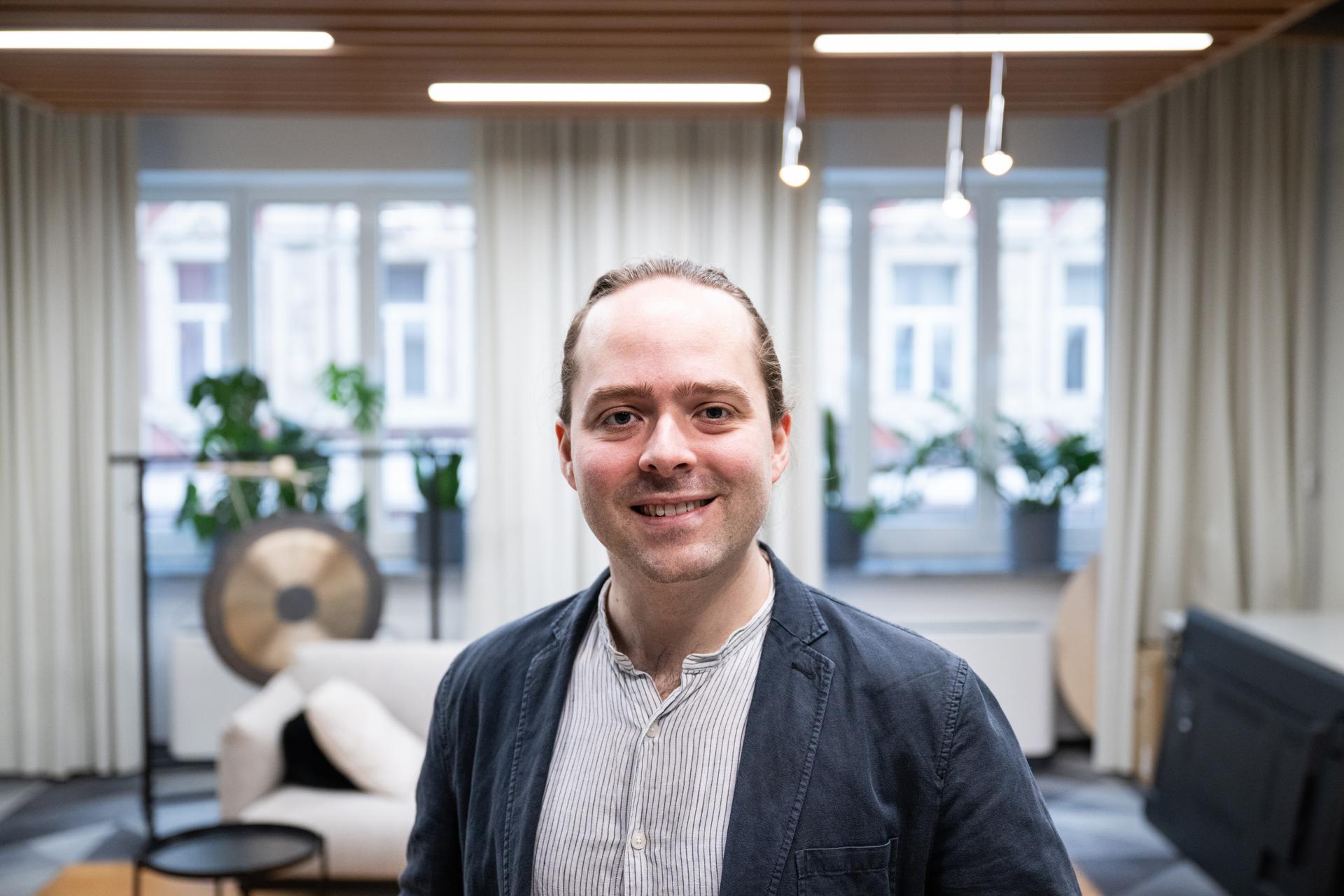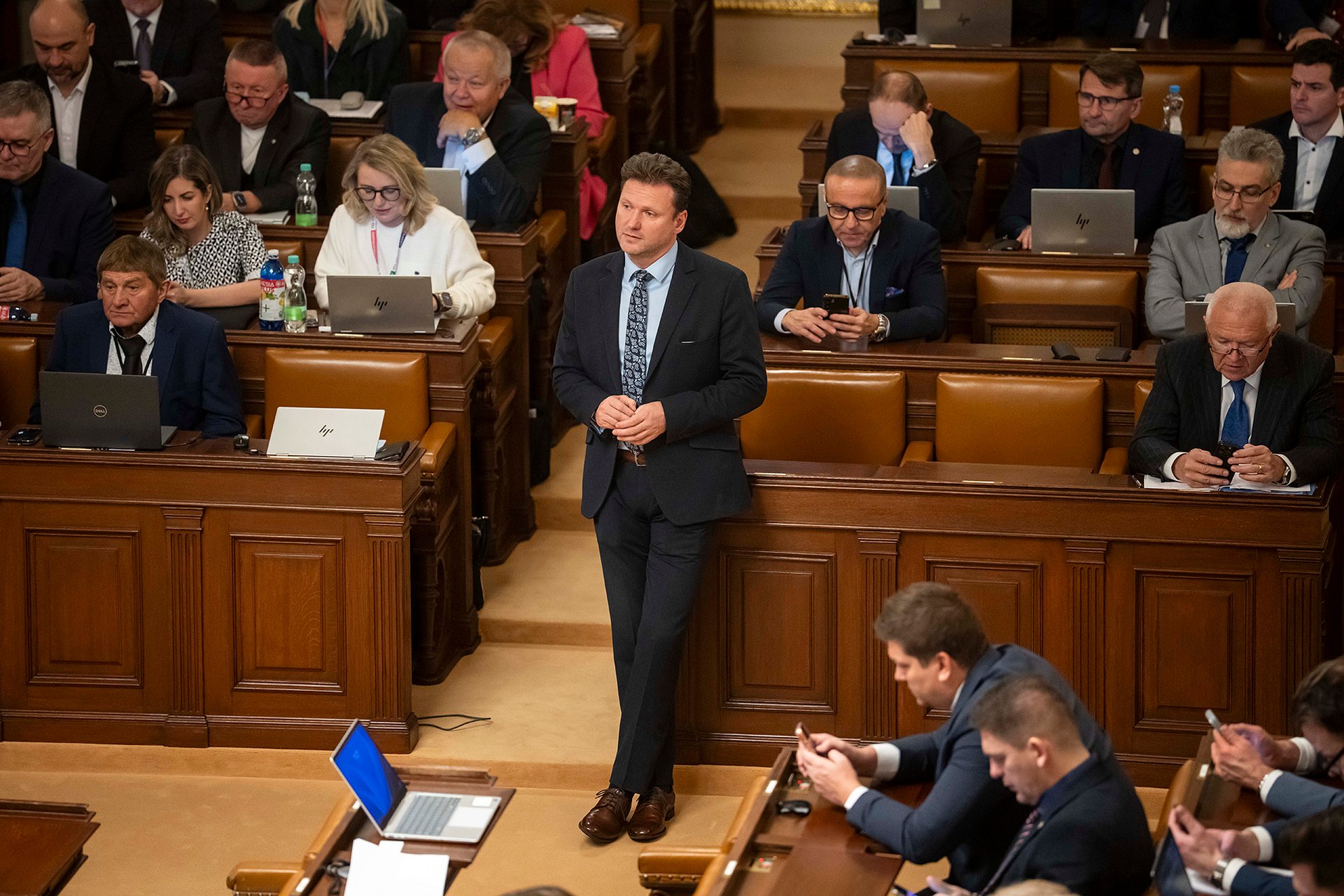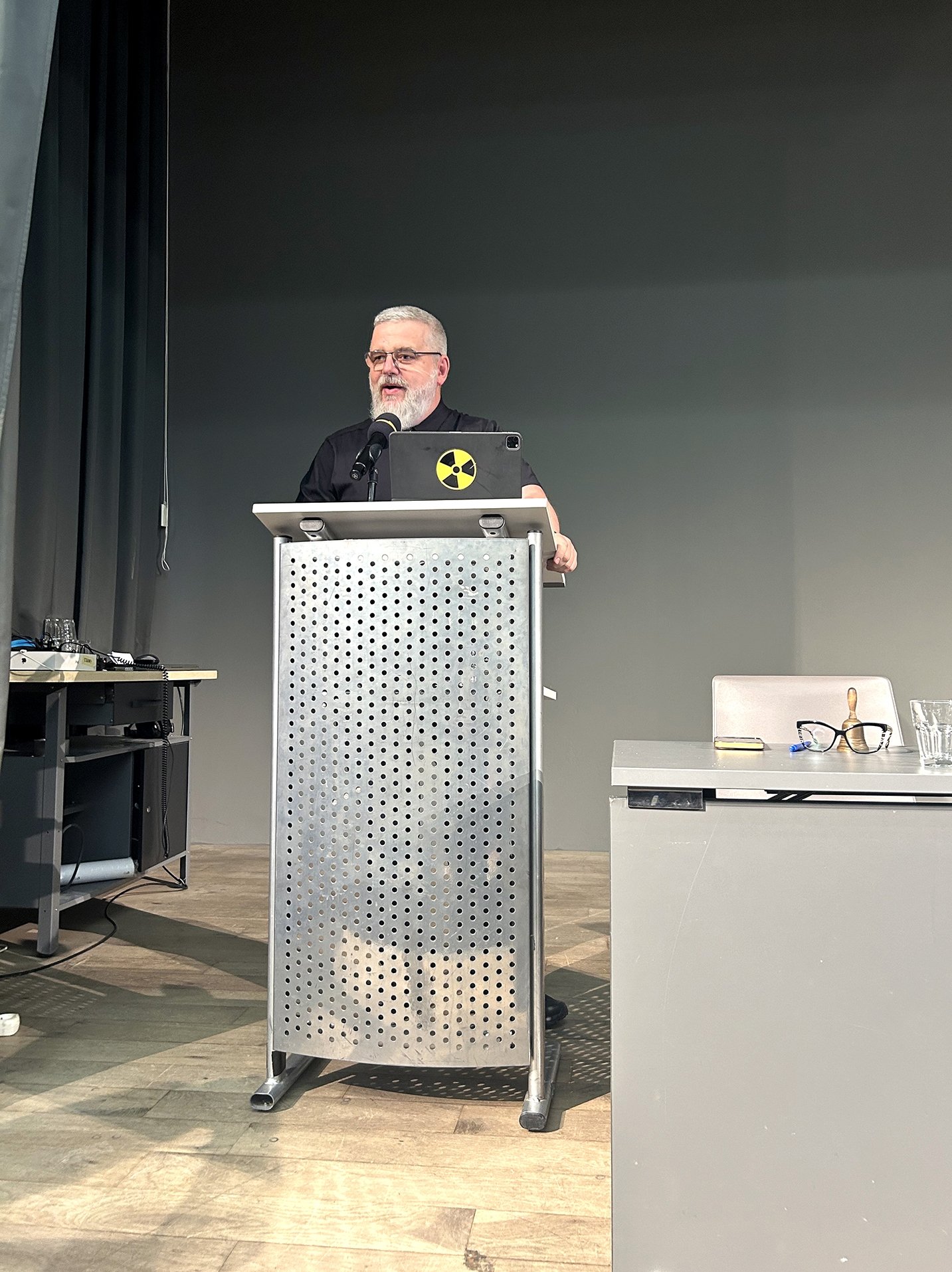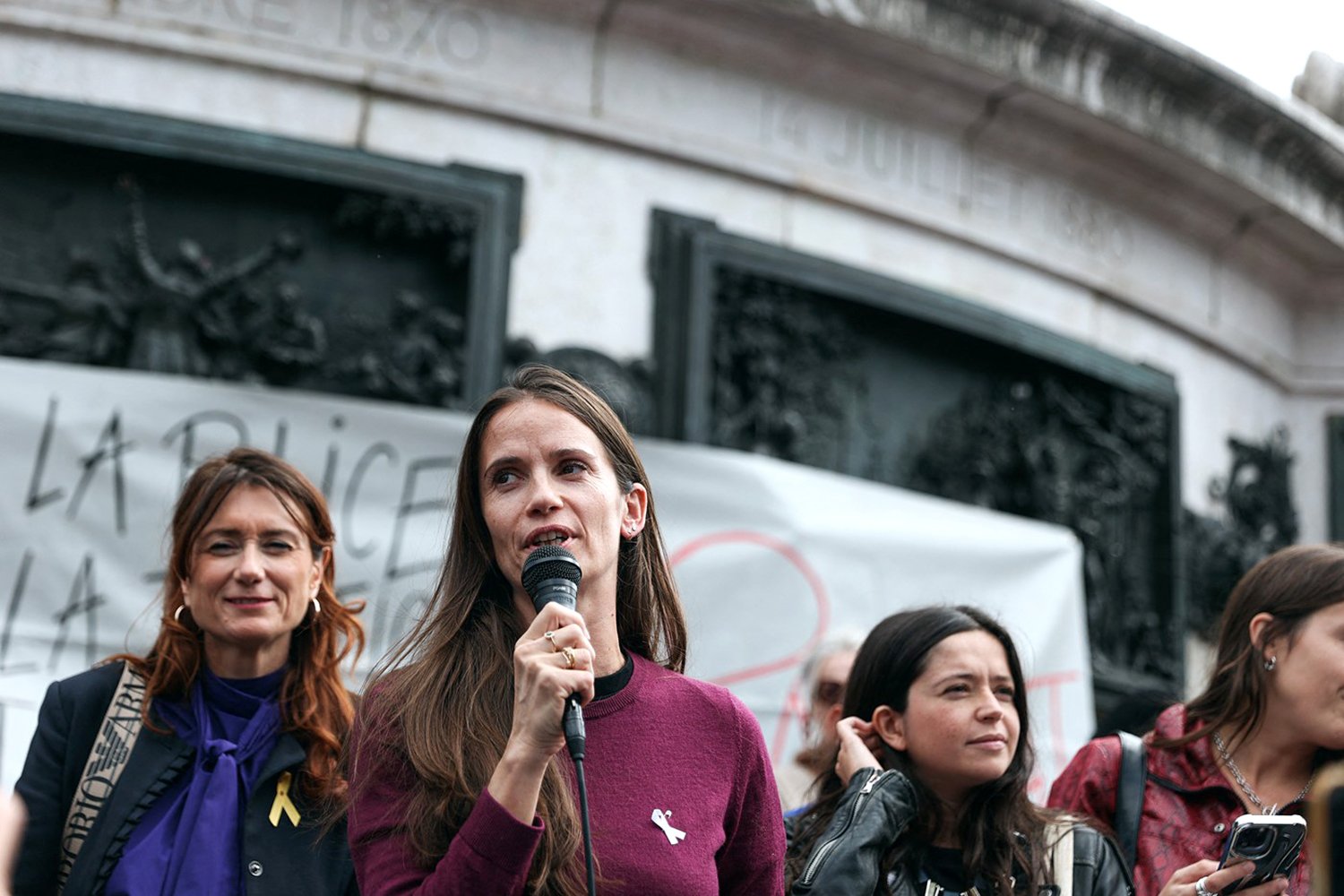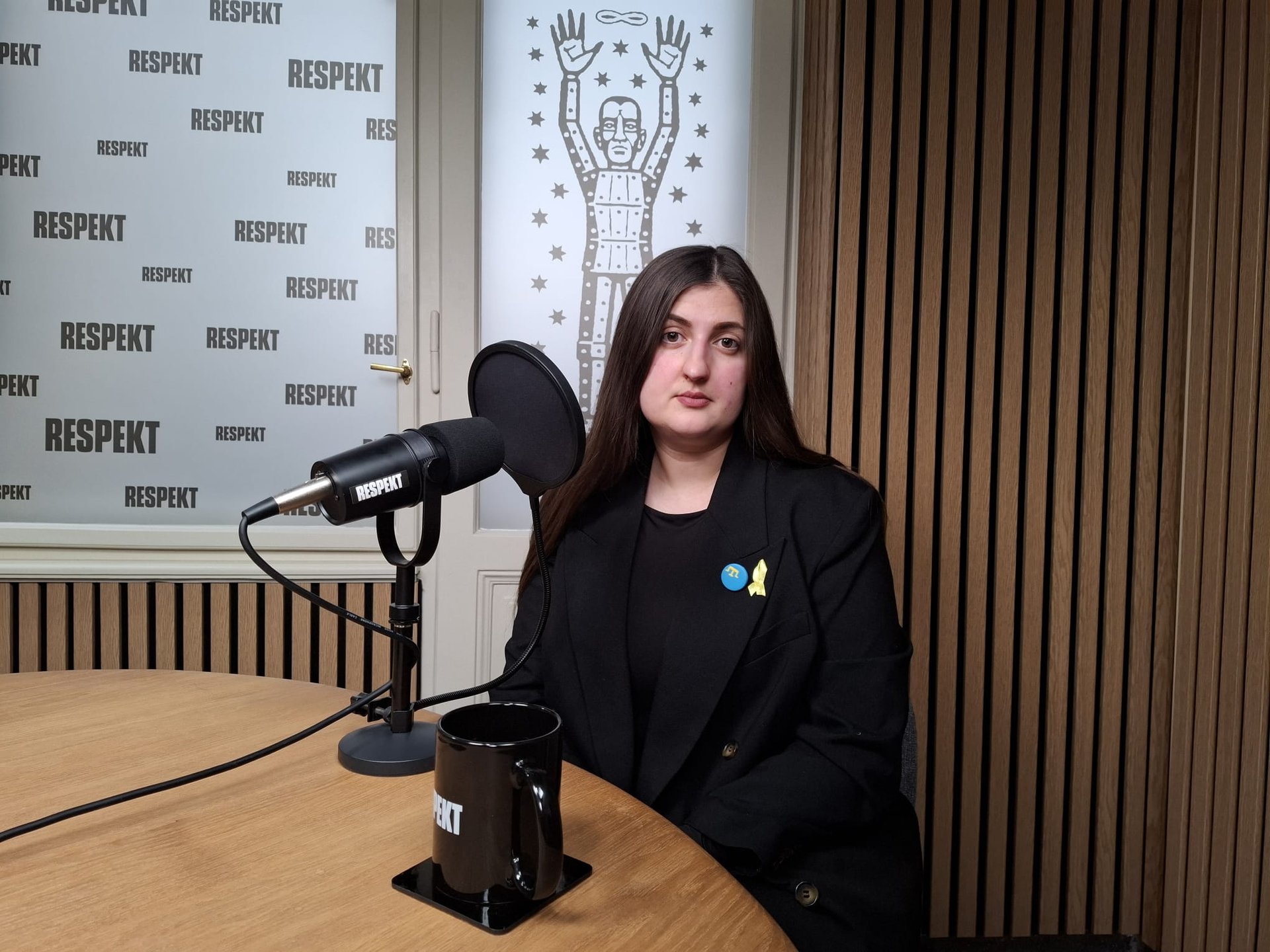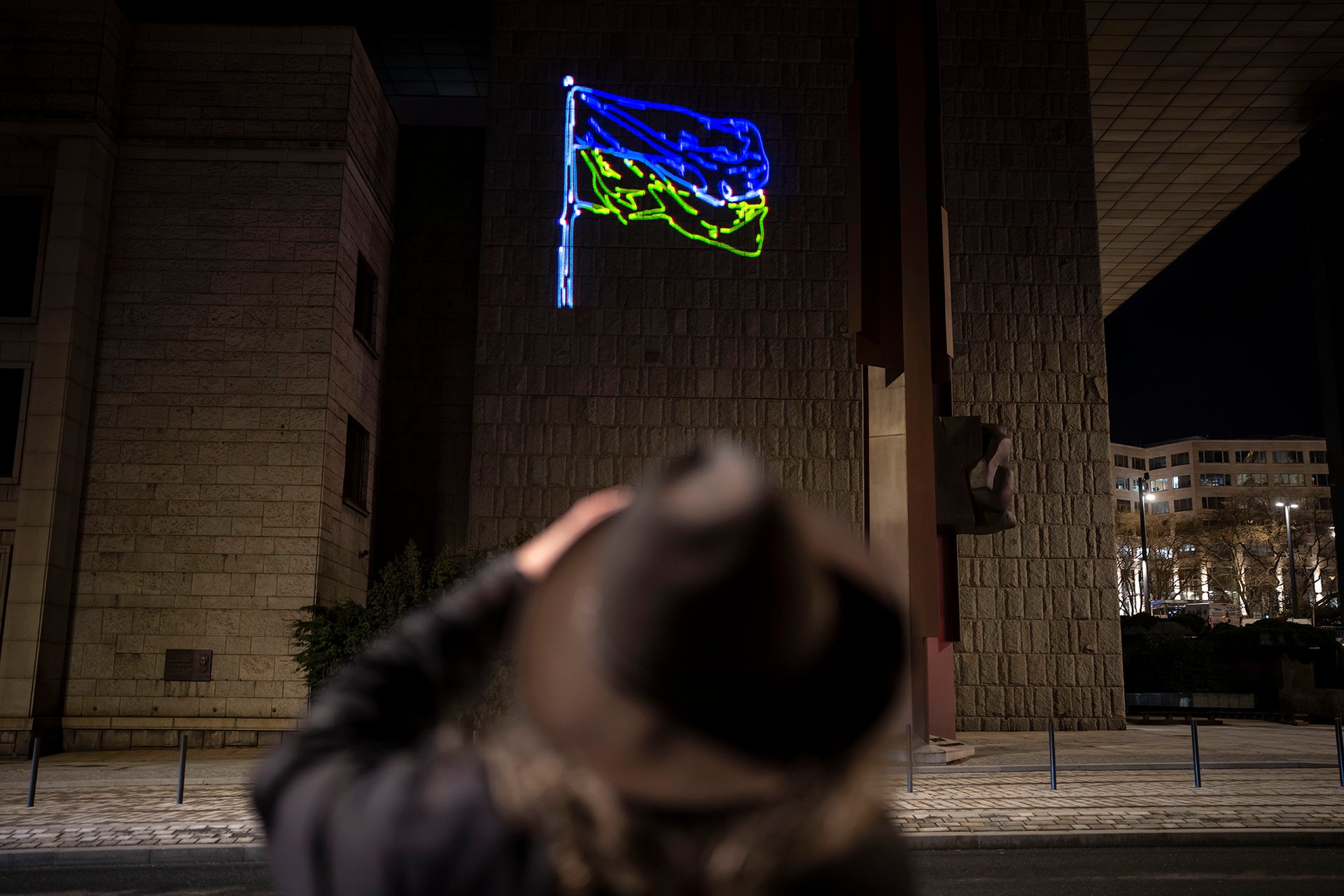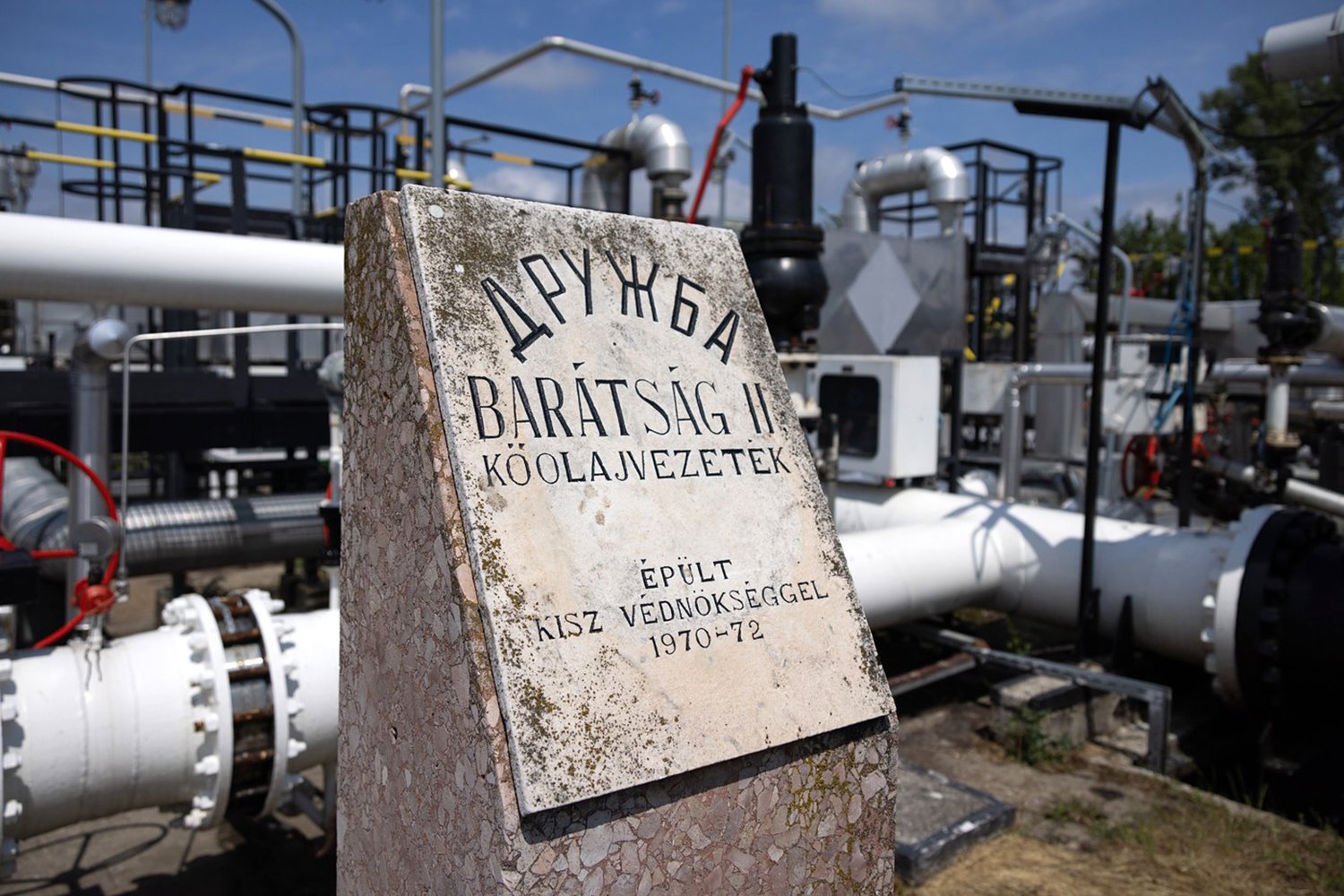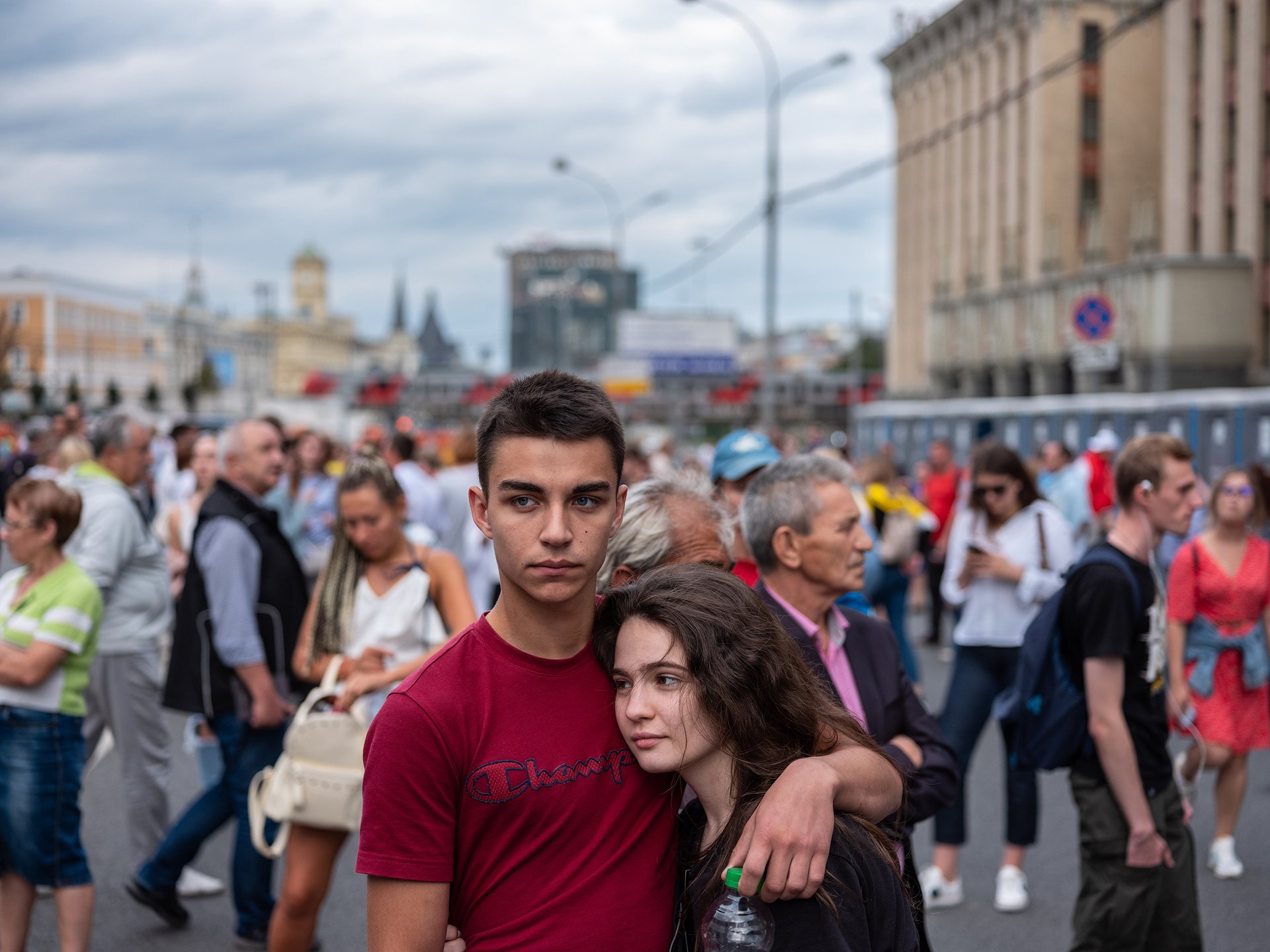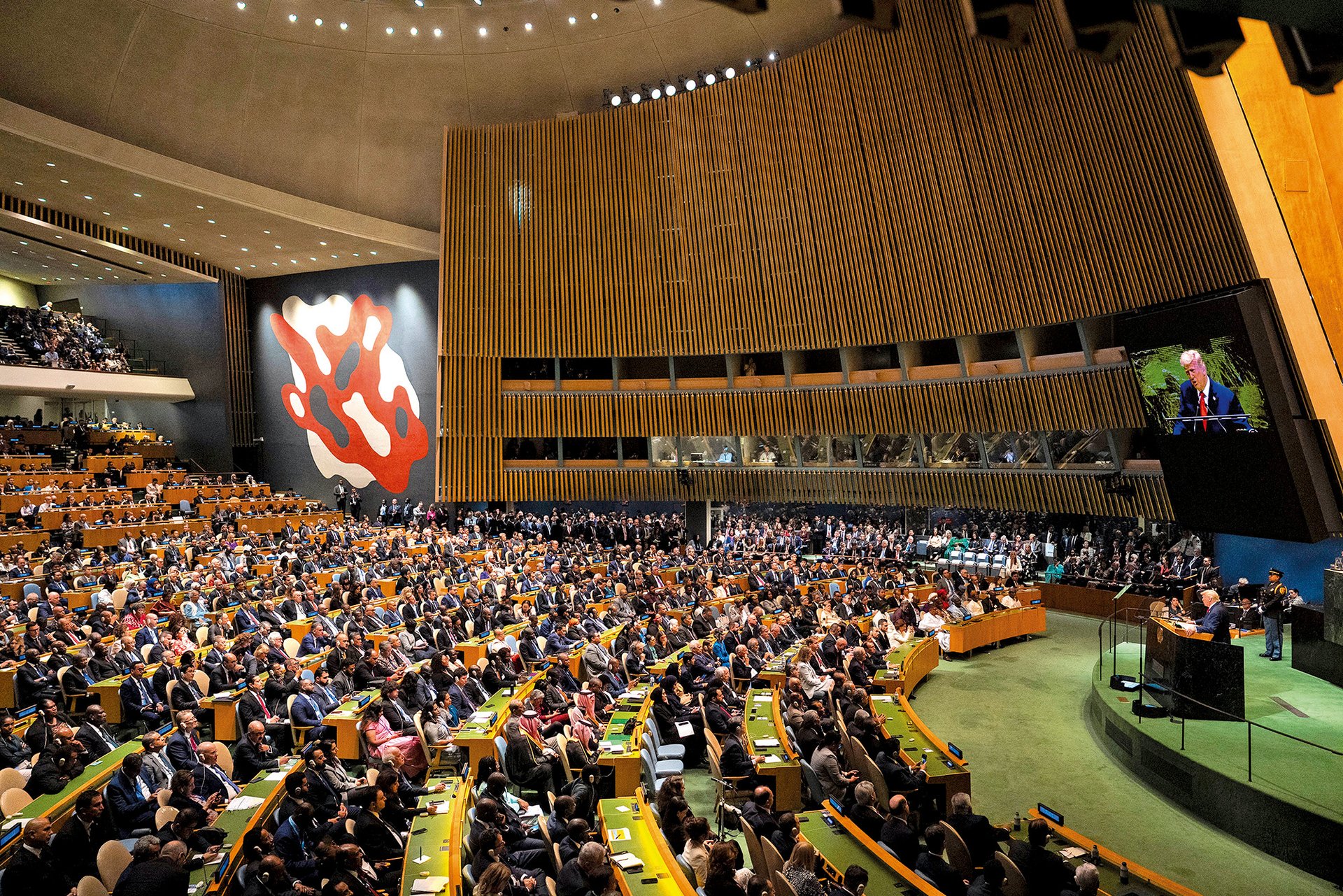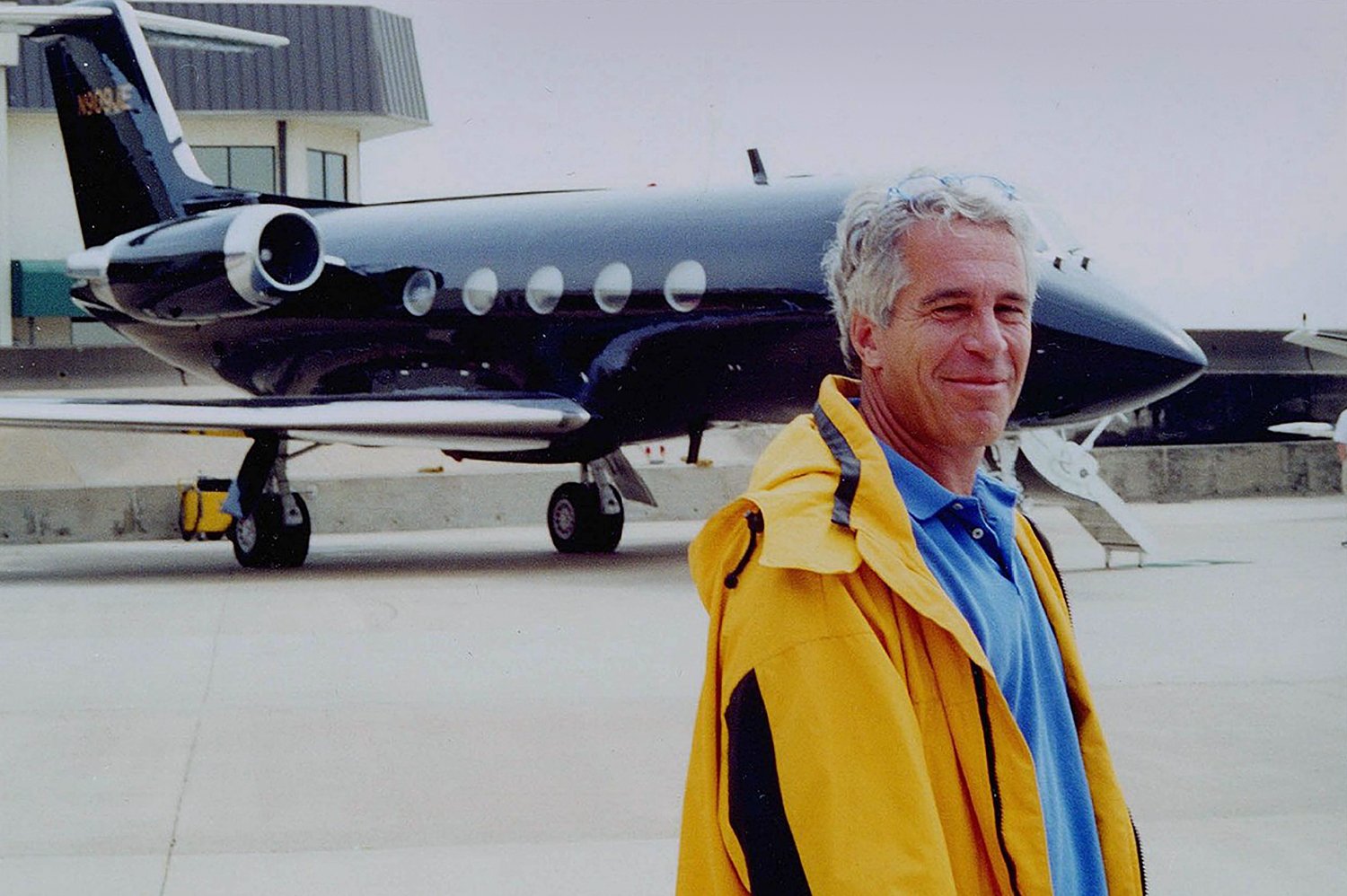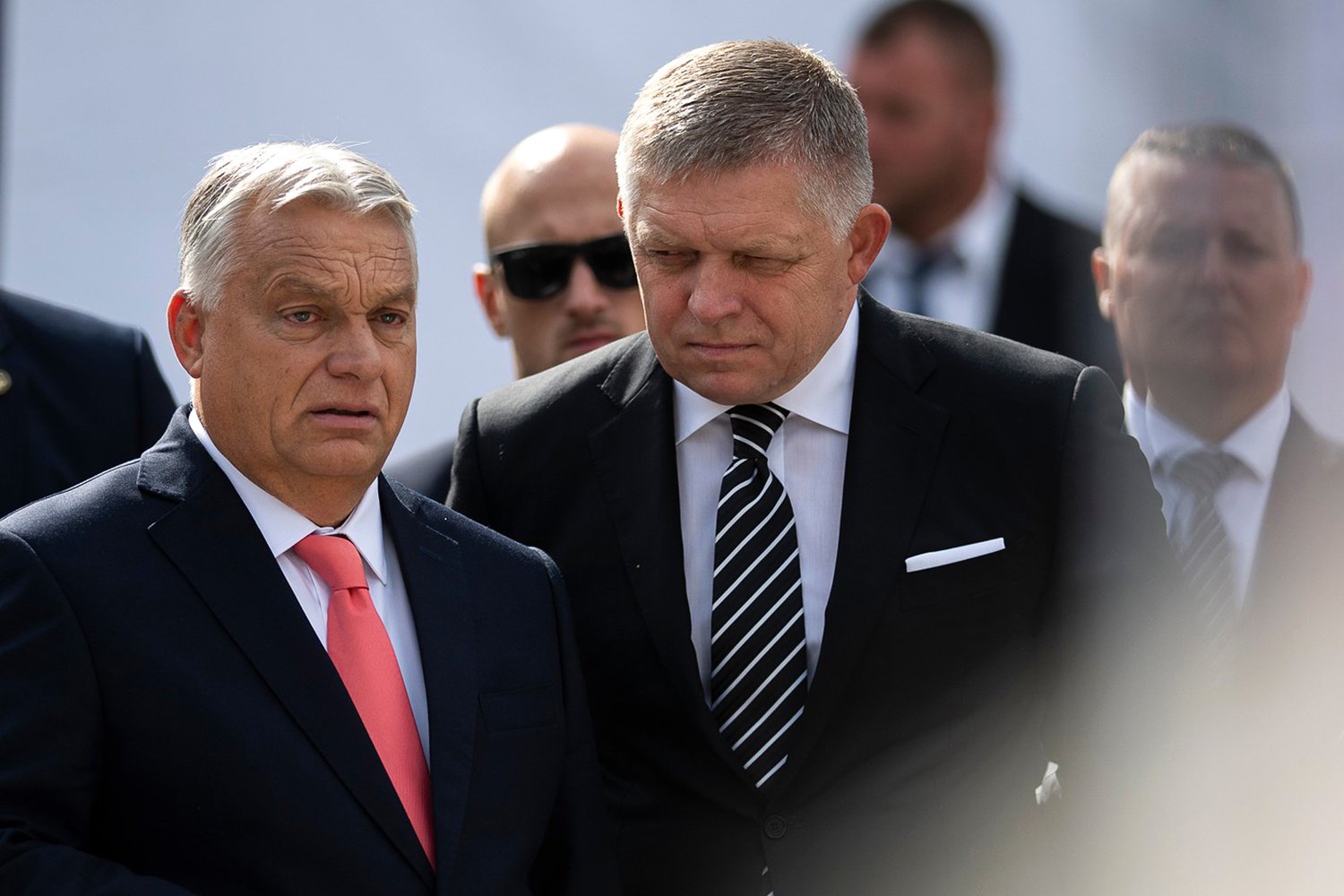The Owner of the Key
Kundera’s misdeed of half a century ago that cruelly marred the lives of several people will have an impact on the interpretation of his oeuvre

Kundera’s misdeed of half a century ago that cruelly marred the lives of several people will have an impact on the interpretation of his oeuvre
That record of an act of denunciation contained in a police report lay hidden for over fifty years in heaps of files. Found by chance, it has enabled us to uncover a story dating back to 1950, in which the destinies of two young people of the same generation crossed just once. One of them went to jail for many years while the other went on to become a world-famous author (see the feature on pp. 38–45).


In 1949 Miroslav Dvořáček escaped to Germany, where, under American command, he received training from Czech instructors, many of them war heroes, so that he could return to Communist Czechoslovakia as a courier. One of his trips was to be prove fateful – a young student informed on him. Dvořáček escaped a death sentence by a whisker and spent fourteen years in jail. He now lives in Sweden. The young man who denounced him is named Milan Kundera and he now lives in France.
Kundera’s writings have influenced several generations of readers throughout the world. Three questions are therefore in order.
Question No. 1
Did he have the right to stay silent about his past?
Denunciation is a misdeed that the totalitarian regime elevated into a virtue and made the basis of its power. Maybe it is not fortuitous that denunciation plays such an important part in a number of Kundera’s works. Denunciation is the driving force of the plot of his first novel The Joke (1969), the story of a student who is denounced by a friend on account of an ironic message he wrote on a postcard; as a result he is thrown out of university and has to spend years working in the mines, and his attempt at revenge ends in fiasco. Denunciation (betrayal) is the main theme of Kundera’s poem The Last May (1955), and denunciation triggers the dénouement of his once celebrated stage play The Owners of the Keys (1963), etc. It is therefore possible that Kundera confessed to his misdeed by writing plots in which he mercilessly placed his characters into the mesh of betrayal and great historical events.
Kundera is, with Václav Havel, one of the best-known Czechs alive, and since the 1950s he has successfully cultivated the image of a writer who will never again fall for an utopias, one who has renounced his role as a “public figure”. Nevertheless, on several occasions in the past he passionately joined in the battle for human dignity and freedom: in his speech at the writers’ congress. in the debate about the “Czech destiny” and in his essays about central Europe.
He could not have done all that if he had publicly admitted to his deed, because he would have lost his aura of moral authority. This argument no longer applies, however. Kundera wasted an opportunity to say it about himself, as his great fellow-traveller, Günter Grass, did not so long ago.
Question No. 2:
How was his secret reflected in his oeuvre and his life?
We don’t know whether Kundera “displaced” his misdeed, or whether he lived consciously with it every day of those six long decades. In one of his essays on the novel and its ability to substitute for philosophy, he asks: “What is crime, when Broch’s Hugenau not only does not regret the murders he has committed, he doesn’t even remember them?”
His inability to publicly admit his act of long ago could also be the reason why Kundera has cut himself off so strictly, stubbornly and uncompromisingly from his native country and language. His emphatic rejection of his own past is also related to his subsequent passionate defence of the novel, which is to be read on its own, totally unconnected with the author. The only moral function of the novel, he writes in his essay The Depreciated Legacy of Cervantes, is “discovering the unknown facts of human existence” but that must not be sullied by discovering the unknown facts of the author’s existence.
As early as 1985, in his last public speech – in Jerusalem – Kundera declared that “the novelist is one, who, according to Flaubert, seeks to disappear behind his own work. To disappear behind his work, that is to renounce the role of public figure.” He returned to that theme subsequently on many occasions, defending with passion and brilliance the author’s right not to be seen behind his novel and his duty to conceal from the reader “all keys that might reveal its inspiration.” According to Kundera, the American professor Jeffrey Meyers “destroyed” Hemingway’s oeuvre by trying to find within it authentic figures from the author’s entourage, whereby his interpretation transformed Hemingway’s output into one single roman à clef; the imaginary characters turned into real characters and the biographer put the author on trial on a morality charge.
Question three:
Forgiveness or punishment?
Paradoxically, Kundera’s remarkable intellectual exertions to thwart the seekers of keys look as if they will backfire on him. His misdeed of long ago could become a key to a new reading of all his texts. For an author like Kundera, who is obsessively concerned about how his texts are interpreted, this is the harshest penalty – the author is transformed into a figure in a novel. All the more so, seeing that he is convinced that "like all culture, the novel is more and more in the hands of the mass media; as agents of the unification of the planet's history, the media amplify and channel the reduction process.”
Kundera has made every effort to prevent such “reduction”. He does not speak to the media (at most he will send them an interview that he has conducted with himself, such as the one recently published in the daily MF Dnes) and he has withdrawn into total privacy. What the eighty-year-old is now likely to experience is a cruel joke of fate, which he ought to accept with all its grinning poetics. For one thing, this murky tale of youthful betrayal, which suddenly comes to light like a phantom after sixty years, fits perfectly into the Kunderesque vision of the world in which “man thinks, God laughs.”
Kundera used to begrudge his characters forgiveness or catharsis. But society, including Czech society, needs forgiveness – precisely in order to experience catharsis. Without Kundera’s willingness and frankness, it is going to prove very hard.
Heroes
Kundera is not the hero of this story with its trappings of ancient tragedy. The hero is his contemporary Miroslav Dvořáček, a man who went into battle against the “totalitarian universe” - to use Milan Kundera’s expression. To this very day he still does not know who betrayed him, and he did not even talk to his children about his fourteen years in prison. Mrs Militká, in whose room at the student hall of residence the police lay in wait for Dvořáček, has tortured herself ever since with remorse at the thought that she – albeit unintentionally – ruined a human life. Many other people in this complex story can be described without pathos as Czech heroes.
There destinies are a window into the Czech past that simply needs opening. We owe a debt to them and to ourselves. The nineteen-fifties spawned misdeeds of every kind that continue to afflict our society, but they also gave rise to heroes who can help us to rid ourselves of these misdeeds and experience catharsis. We simply need to discover them.
Pokud jste v článku našli chybu, napište nám prosím na [email protected].
Mohlo by vás zajímat
Píše se další kapitola OSN
V roce 2025 oslavila Organizace spojených národů osmdesát let od svého vzniku. Předsedkyně Valného shromáždění se zamýšlí nad prací organizace v minulosti a nad výzvami, kterým bude čelit v dalším desetiletí své existence.


